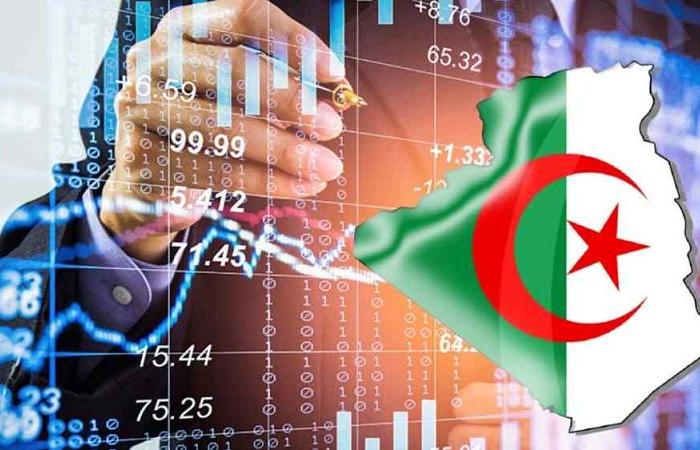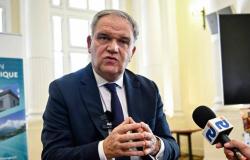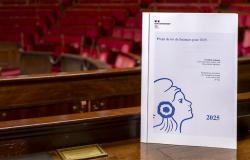The duality of the Algerian foreign exchange market continues to illustrate the structural dysfunctions of the national economy. An analysis of the prices taken at the start of the week reveals a particularly worrying situation, where the differences between official and informal rates reach historic levels.
The November 11 data reflects notable disparities. On the informal market of Square Port-Saïd (Algiers), a true barometer of monetary tensions, the euro peaks at 255 dinars for sale, while the Bank of Algeria maintains an official rate of 143.72 dinars. This indexed difference of nearly 77% constitutes an alarming indicator of the de facto depreciation of the dinar.
The American dollar, the reference currency for international transactions, is not immune to this inflationary dynamic with a parallel rate of 238 dinars, a differential of 78% compared to the official rate of 133.43 dinars. This situation reflects constant pressure on the national currency.
Impact on the real economy: profound repercussions
Faced with this duality of the foreign exchange market, disruptions in commercial circuits directly affect importers who suffer increased transaction costs, passed on to consumer prices. According to a researcher in applied economics, “monetary distortions generate profound repercussions on the national economy”.
He also underlines that “the erosion of competitiveness, due to the overvalued exchange rate, heavily penalizes non-hydrocarbon exporters and compromises economic diversification”. In addition, this growing gap between the official and parallel markets favors the development of the informal economy.
Algeria's monetary challenges in the face of the economic crisis
This crisis occurs in a particularly complex macroeconomic context. Recent IMF projections, despite announced growth of 3.8%, mask worrying structural vulnerabilities. The Algerian economy remains critically dependent on hydrocarbons, which represent 86% of exports. Foreign exchange reserves, although reaching $71.78 billion, are under constant pressure, while the trade balance remains weakened by the volatility of oil prices.
In this context, for our expert, “the Bank of Algeria faces a triple challenge: maintaining the apparent stability of the dinar, managing the pressure on foreign exchange reserves, and containing inflation to 5.0%.” In order to meet these challenges, our interlocutor recommends “a gradual progression of the exchange rate regime towards a more flexible system” and underlines the need to “modernize market mechanisms and strengthen the regulatory framework”.
Finally, he concludes that “economic diversification and improvement of the business climate constitute the fundamental pillars of any lasting reform”, insisting on the importance of “a monetary policy rethought through the strengthening of the independence of the Bank central.”






